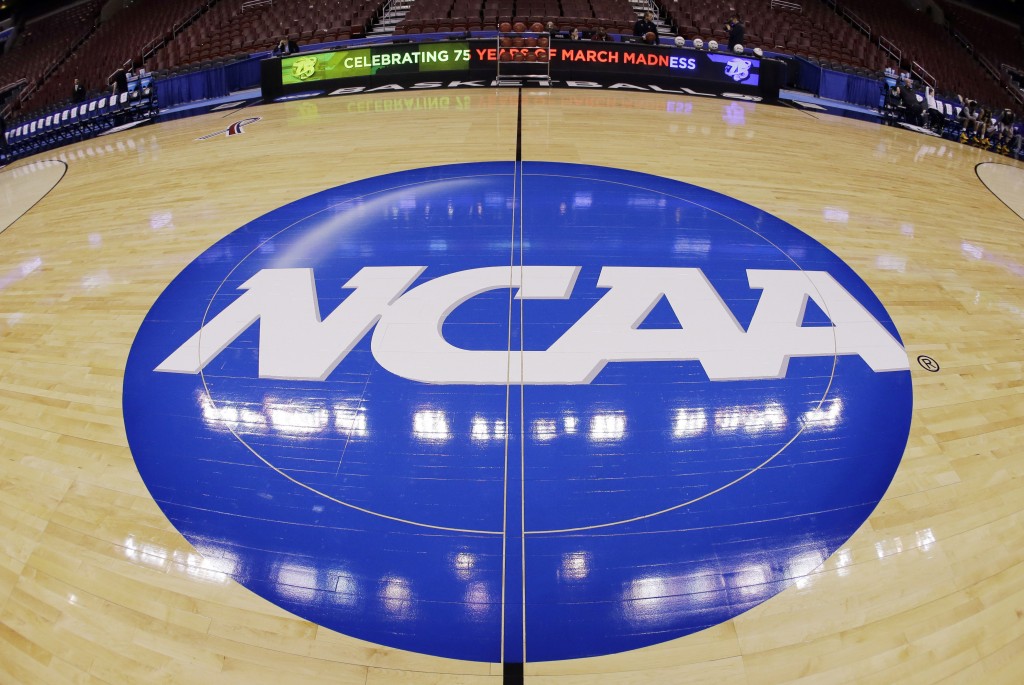The NCAA not allowing players to profit off of a multi-billion dollar monopoly for over 100 years is perhaps the biggest Ponzi scheme in North American history. Imagine grossing over a billion dollars in the month of March alone and not allowing players to have even a small piece of the pie.
Recently, players’ ability to profit off of their NIL (Name, Image and Likeness) has changed the landscape of collegiate sports, but currently there are no restrictions in place regarding how much a player can earn – which has been a downside to some. In fact, one player on the same team can make over a million dollars, while a teammate earns nothing – although it’s important to note that athletes who are cashing in on this new incentive have been known to help out teammates who may not bring in as much.
This Could Have Been Avoided
There have been cases of players being paid behind the scene by coaches, sponsors, boosters and alumni to come play at their respective school. The NIL has allowed them to do this legally. Some states even allow players to cash in on a verbal agreement contingent upon them signing with a school. The downside is that the player can back out of the verbal agreement and initiate a deal with another institution – which is currently what is taking place in the state of Mississippi according to Sports attorney Darren Heitner. This can potentially cause a lot of havoc within college sports.
The NCAA recently announced new NIL guidelines that included a stipulation that recently created companies designed to provide athletes at a particular school with endorsement deals should not have any contact with prospective college athletes, their family members or their representatives. But is that enough? There have been rumblings that the NCAA is considering capping how much a player can make off of their own image and likeness, but is it fair for them to pocket watch?
The NCAA can only blame themselves for this mess. They could have made steps towards players receiving funds over 50 years ago and now that they are are beating them at their own system they have suddenly decided it is not fair.
Whatever the NCAA decides to do, including stipulating players’ paychecks, will only increase the chaos.
